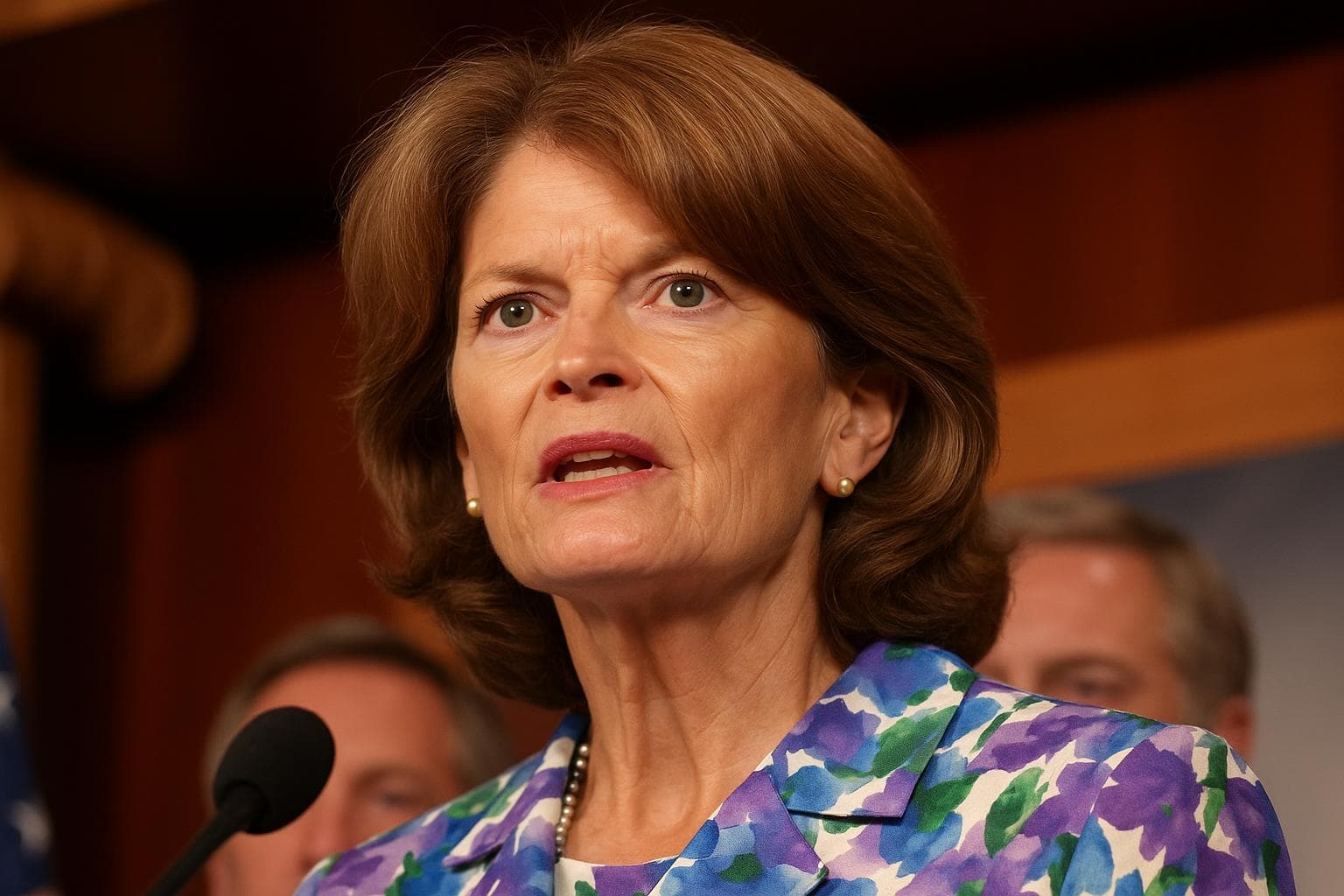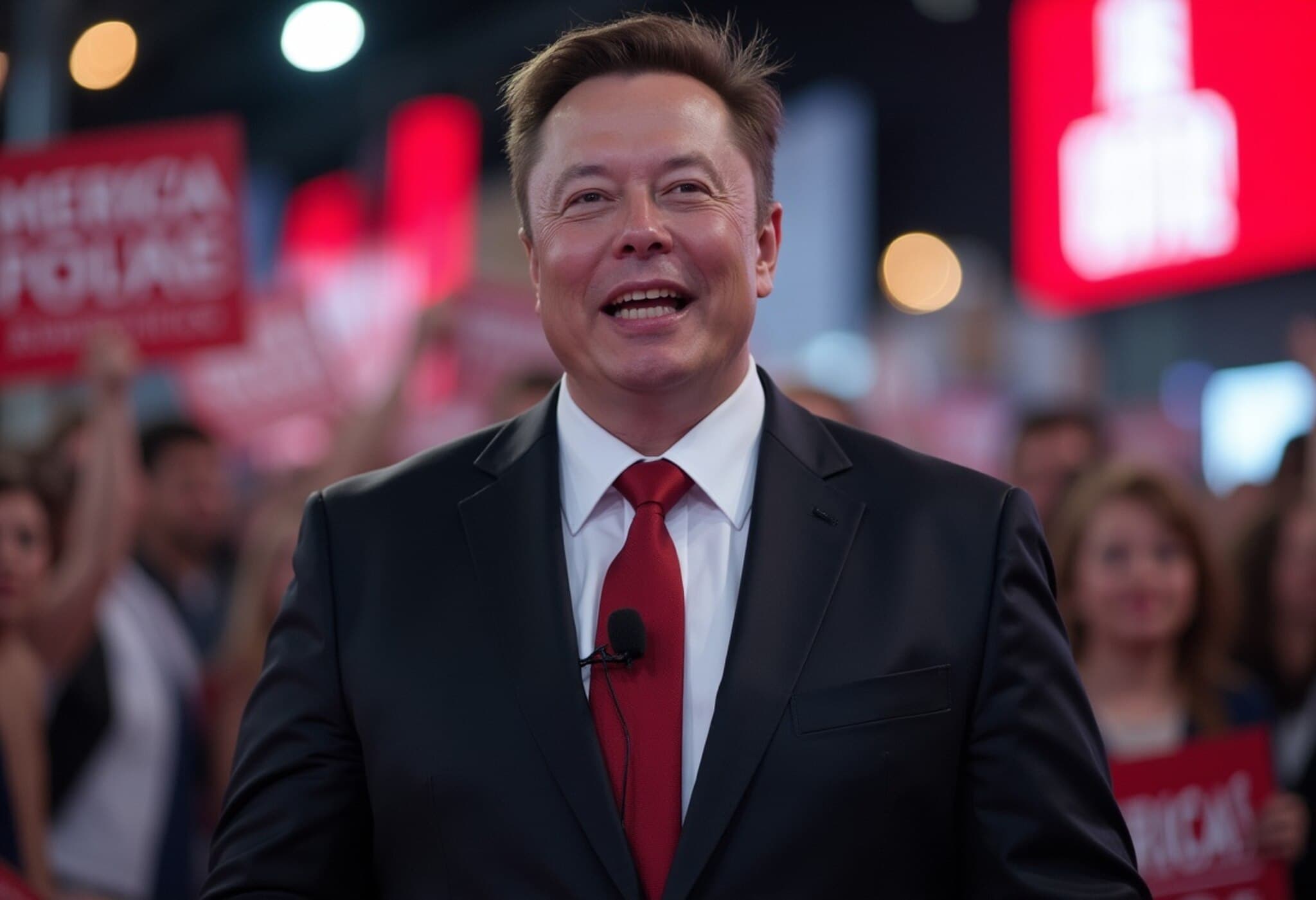Senate Faces Crucial Vote on Sweeping Domestic Policy Bill
The Senate is gearing up for a pivotal vote on a comprehensive domestic policy package that forms the cornerstone of President Trump's agenda. However, the path to passage is fraught with uncertainty, with several Republican senators, including Alaska's Lisa Murkowski, expressing reservations that may derail the initiative.
Key Challenges Threaten the Bill's Passage
Republican leaders face numerous obstacles, including recent rulings by the Senate parliamentarian that have struck down several provisions designed to win critical support. These removals jeopardize the backing of wavering senators, complicating efforts to secure the necessary votes. The bill's projected cost, now estimated at over $3.3 trillion, significantly exceeds the House version's $2.4 trillion price tag, raising fiscal concerns among budget hawks.
Meanwhile, tech billionaire Elon Musk publicly condemned the legislation, warning that it could devastate millions of American jobs and labeling it "insane." Musk's denunciations highlight growing opposition even among some prominent figures traditionally aligned with the administration.
Lisa Murkowski’s Role Emerges as a Decisive Factor
Senator Murkowski remains a linchpin in the Senate's delicate arithmetic. Although she assisted in advancing the bill for debate, her ultimate vote is uncertain, especially after the removal of provisions benefiting Alaska. Leaders attempted to sway her by including targeted measures such as enhanced Medicaid and Medicare payments, increased tax deductions for local whaling captains, favorable treatment for fishing organizations, and exemptions easing food assistance work requirements.
However, the Senate parliamentarian ruled out several of these Alaska-specific benefits for failing to conform with budgetary rules, placing her support in jeopardy. Murkowski is now weighing whether to adhere to a deal that is rapidly losing its appeal or oppose a bill she worries would harm vulnerable populations within her state.
Medicaid Cuts Spark Deep Divisions Among Republicans
A particularly contentious aspect involves proposed Medicaid rollbacks. Some Senate Republicans, including Senators Mike Lee, Rick Scott, Ron Johnson, and Cynthia Lummis, are pushing to reverse Medicaid expansion under the Affordable Care Act. The Congressional Budget Office estimates that eliminating this expansion could save nearly $1.9 trillion but at the cost of coverage for over 20 million Americans.
Such drastic reductions risk alienating moderate Republicans like Murkowski, Susan Collins, and Thom Tillis, who have expressed reservations or outright opposition to significant Medicaid cuts. With dissent from both conservative and moderate factions, achieving the necessary 50 votes appears increasingly improbable.
Planned Parenthood Funding Debate Adds to Senate Friction
Another flashpoint is a provision within the bill aimed at defunding Planned Parenthood from Medicaid funding for services to low-income women. Senators Murkowski and Collins sided with Democrats in attempting to remove this clause, though Republican opposition blocked the effort.
This move, seen as a potential backdoor to a nationwide abortion ban, remains deeply unpopular with many voters and adds to the complex dynamics influencing senators' decisions on the bill.
Last-Minute Negotiations and the Road Ahead
With amendments and procedural votes scheduled, the situation remains fluid. The Senate's intense "vote-a-rama," featuring numerous amendments, could extend late into the night, further testing party unity. If the Senate passes the bill, it will return to the House for concurrence, where skepticism is also rising.
The looming July 4 deadline sets an aggressive timeline. Yet, with major provisions dismantled, fiscal concerns mounting, and key senators hesitant, the bill's prospects are uncertain.
Efforts to Secure Alaska’s Support Highlight Political Calculations
Republican leaders have sought to lock in Murkowski’s endorsement by including measures tailored to Alaska’s unique needs. These include tax breaks for western Alaska fishers, increased federal resources for rural hospitals, and eased restrictions on food assistance work requirements.
Nevertheless, with several of these Alaska-focused provisions invalidated and concerns about the broader impact on Medicaid and vulnerable populations, Murkowski remains noncommittal, exemplifying the broader GOP struggle between fiscal austerity and constituent protections.
Conclusion: A Delicate Balance Between Ambition and Reality
The Senate’s deliberations encapsulate the challenge of balancing ambitious policy goals with political pragmatism and fiscal reality. As senators weigh their commitments, the fate of this sweeping bill remains uncertain, hinging on negotiations, procedural rulings, and the allegiances of key Republicans.



















